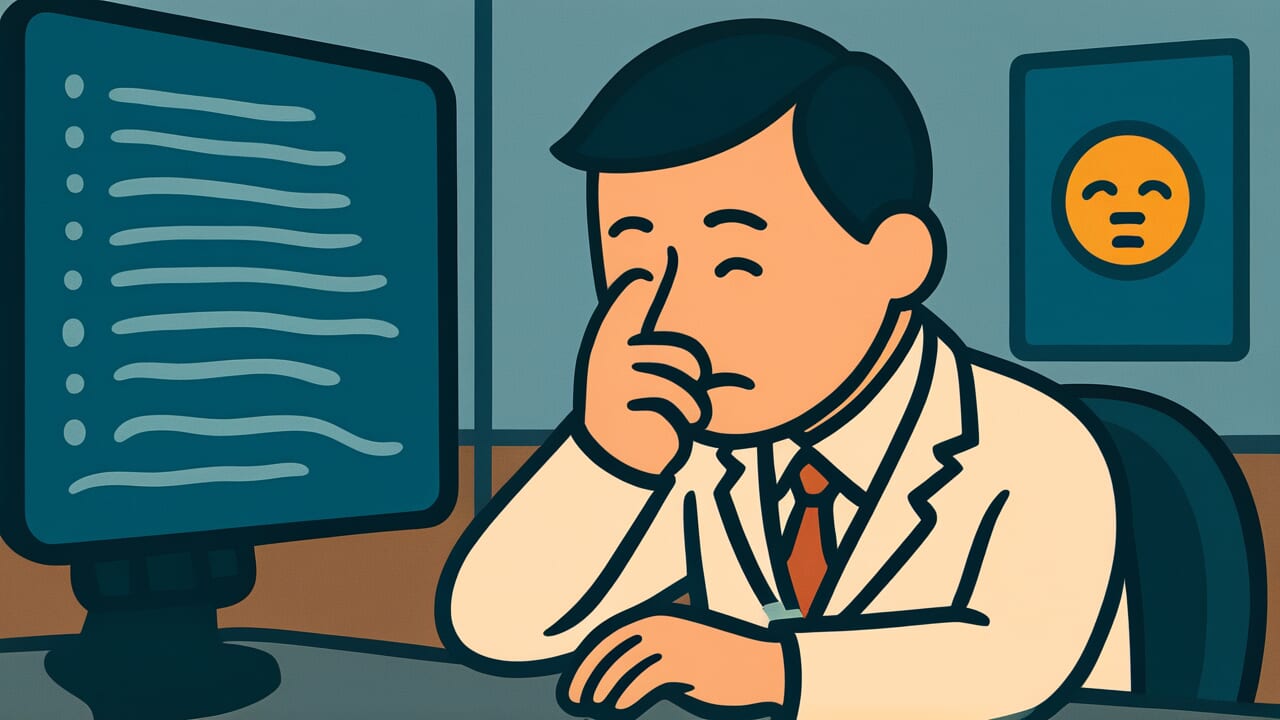How to Read “A plan that doesn’t get your head wet”
Atama no nurenu shian
Meaning of “A plan that doesn’t get your head wet”
“A plan that doesn’t get your head wet” means you can’t truly understand something just by thinking about it without experiencing it.
No matter how much you imagine in your head, you won’t really know until you dive in and experience it yourself.
This proverb is used for people who make plans but never act on them.
It also applies to those who try to judge things based only on theory.
Sometimes people use it to remind themselves to take that first brave step when they’re hesitating.
Today, this proverb matters even more because we can find so much information online.
You can research anything on the internet and feel like you understand it.
But when you actually try it, things are often completely different from what you imagined.
Travel, sports, work, relationships—in every area of life, there are lessons you can only learn through experience.
Origin and Etymology
There don’t seem to be clear written records about the origin of this proverb.
However, we can make interesting observations from how the phrase is constructed.
The expression “head doesn’t get wet” refers to not actually entering the water.
It describes someone who hasn’t had the experience of getting their head wet.
In old Japan, water-related experiences were closely tied to daily life.
Swimming in rivers, doing water work, getting caught in the rain—these were all common experiences.
Getting your head wet was probably seen as a symbol of fully immersing yourself in something.
It represented seriously committing to a task.
“Shian” means thinking things over or pondering.
When these two parts combine, they express the state of just thinking from a safe place without actually diving in.
The experience of entering water has sensations you can never understand just by watching.
The coldness of the water, the strength of the current, the anxiety of not touching the bottom.
You can only understand these things through actual experience.
Our ancestors vividly expressed the difference between armchair theories and practice through such familiar experiences.
The choice of words reflects wisdom rooted in everyday life.
Usage Examples
- If you’re anxious about a new job, stop making a plan that doesn’t get your head wet and just jump in first
- Reading books about starting a business is just a plan that doesn’t get your head wet—you won’t understand anything until you actually start
Universal Wisdom
Humans have an instinct to think about things from a safe place.
It’s natural to want to avoid risks, fear failure, and prepare as perfectly as possible before acting.
However, “A plan that doesn’t get your head wet” has been passed down for generations.
This is because our ancestors deeply understood that such caution sometimes prevents growth.
The truly valuable lessons in life can only be gained through actual experience.
Painful failures, unexpected difficulties, and the sense of achievement when you overcome them.
No matter how much you simulate these in your head, you can never truly taste them.
What’s interesting is that this proverb doesn’t simply command “take action.”
Instead, it uses the expression “a plan that doesn’t get your head wet” to concretely describe the state of not experiencing.
This doesn’t deny thinking itself.
Rather, it points out the danger of being satisfied with just thinking.
Everyone feels anxious before trying something new.
But only those who overcome that anxiety and take the first step can gain true understanding and growth.
Our ancestors expressed this universal truth through the familiar metaphor of everyday water experiences.
When AI Hears This
The human brain doesn’t actually think in isolation.
According to cognitive science research, about 40 percent of our thinking is closely connected to physical sensations.
For example, people holding warm coffee are more likely to judge others as having “warm personalities.”
People holding heavy clipboards tend to judge problems as “important.”
These experimental results show that what the body feels directly changes the quality of thinking.
What makes this proverb interesting is its insight that you can’t make true judgments without experiencing physical discomfort or risk like getting your head wet.
Cognitive scientists Lakoff and Johnson argued that abstract concepts are based on physical experience.
Someone who actually walks in the rain processes multiple physical information simultaneously.
Slippery footing, poor visibility, dropping body temperature.
This multilayered information processing produces judgments with accuracy that can’t compare to imagination from a safe place.
Modern AI development faces the same wall.
When teaching robots to walk, theory alone isn’t enough.
Learning efficiency dramatically improves by letting them actually experience falling.
This is because failure experiences through the body create the ability to respond to unpredictable variables.
People in the Edo period saw through to the essence of embodied cognition without scientific evidence.
Lessons for Today
This proverb teaches modern people the importance of courage to start first rather than waiting for perfect preparation.
Today is an age overflowing with information where you can research anything in advance.
But isn’t that convenience becoming an excuse to postpone action?
If there’s something you want to try but are hesitating about, you might be in a state of “a plan that doesn’t get your head wet.”
A new hobby, changing jobs, meeting people.
No matter how much you think about it, you won’t really know until you actually try it.
What matters is starting small.
You don’t need to make a big decision all at once.
First, just dip your foot in the water.
Feel that sensation, then think about the next step.
Everyone has feelings of fearing failure.
But learning from failure becomes the most valuable experience.
Rather than aiming for perfection only in your head, actually start moving even if imperfectly.
That courage will help you grow and enrich your life.



Comments